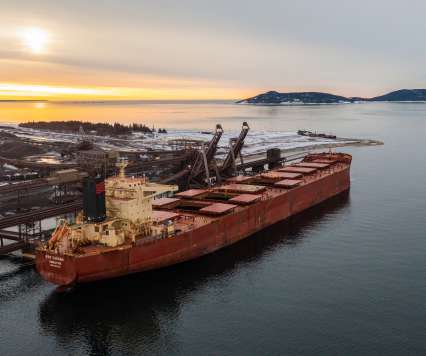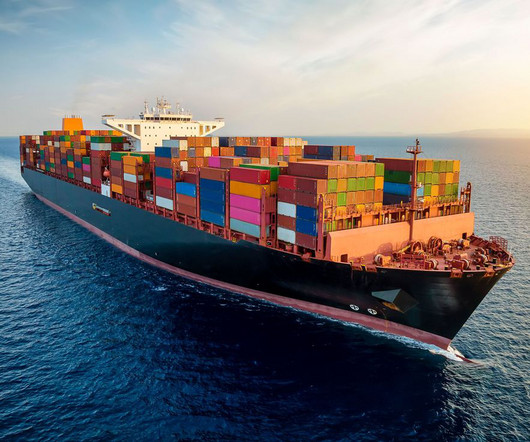Rio Tinto and bp to work together on one-year trial of B30 marine biofuel
Green Car Congress
MAY 24, 2022
Rio Tinto and bp have agreed to work together on a one-year marine biofuel trial to help reduce carbon emissions from Rio Tinto’s marine fleet. The fuel will be trialed on Rio Tinto’s RTM Tasman vessel on a mix of Transatlantic and Atlantic-Pacific routes, in one of the longest-duration marine biofuel trials to date.












Let's personalize your content